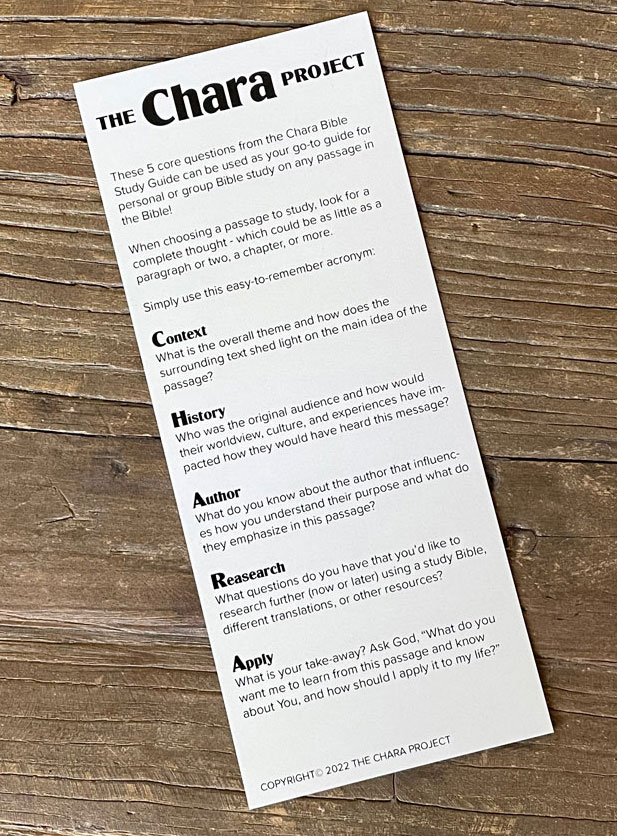How do we study the Gospels in the Bible?
As we study the Bible, we see that the authors used a variety of literary styles to communicate to people in a way they would understand. In fact, there are 9 major literary styles found in the Bible, including Law, Narrative, Poetry, Wisdom, Prophecy, Gospels, Parables, Letters, and Apocalyptic. Commonly used in their culture, the original hearers would’ve been familiar with these styles and would’ve known how to read each appropriately for their intended purpose. But what about us today?
How do we study the Gospels in the Bible?
Matthew, Mark, Luke and John wrote the “good news” about Jesus and the Kingdom of God, which is collectively known today as the Gospels and make up the first four books of the New Testament.
How is it unique?
The four gospels together tell one unified story of Jesus Christ, yet each is shaped in a unique way and each with its own distinct perspective on how to highlight Jesus and His character.
What was its purpose?
Not only are the Gospels biographies about Jesus, they also include teachings from Jesus, and bear witness to Him as the Son of God and the Messiah that fulfilled the Old Testament.
Why should I read it today?
The same questions that were asked back then are still asked today. For nearly 2000 years the Gospels have given eyewitness accounts that answer questions like – Who is Jesus? Why did He come? Did He really raise from the dead?
How do I get the most out of it?
- Who wrote it and why did he write it?
- Who was the audience and what should I know about their culture?
- What emphasis does the author place on Jesus?
- How does the author persuade you to believe in Jesus?
Interested in a more in-depth Bible study in a Gospel? Check out the 6-week Upper Room Bible Study focused on John 13-17 or check out episode 107 of The Chara Project Podcast on How to Study Gospels, available on YouTube and most podcasting sites.


